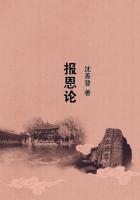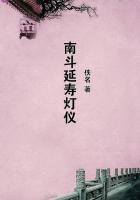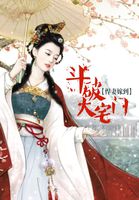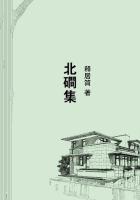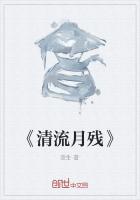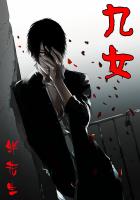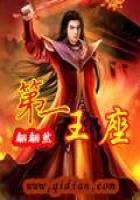Wilde immediately left the only copy in a cab. A few days later he laughingly informed me of the loss, and added that a cab was a very proper place for it. I have explained elsewhere that he looked on his works with disdain in his last years, though he was always full of schemes for writing others. All my attempts to recover the lost work failed. The passages here reprinted are from some odd leaves of a first draft. The play is, of course, not unlike Salome, though it was written in English. It expanded Wilde's favourite theory that when you convert some one to an idea, you lose your faith in it; the same motive runs through Mr. W. H. Honorius the hermit, so far as I recollect the story, falls in love with the courtesan who has come to tempt him, and he reveals to her the secret of the love of God. She immediately becomes a Christian, and is murdered by robbers. Honorius the hermit goes back to Alexandria to pursue a life of pleasure. Two other similar plays Wilde invented in prison, AHAB AND ISABEL and PHARAOH; he would never write them down, though often importuned to do so. Pharaoh was intensely dramatic and perhaps more original than any of the group. None of these works must be confused with the manuscripts stolen from 16 Tite Street in 1895--namely, the enlarged version of Mr. W. H., the second draft of A Florentine Tragedy, and The Duchess of Padua (which, existing in a prompt copy, was of less importance than the others); nor with The Cardinal of Arragon, the manuscript of which I never saw. I scarcely think it ever existed, though Wilde used to recite proposed passages for it.
Some years after Wilde's death I was looking over the papers and letters rescued from Tite Street when I came across loose sheets of manuscript and typewriting, which I imagined were fragments of The Duchess of Padua; on putting them together in a coherent form I recognised that they belonged to the lost Florentine Tragedy. I assumed that the opening scene, though once extant, had disappeared.
One day, however, Mr. Willard wrote that he possessed a typewritten fragment of a play which Wilde had submitted to him, and this he kindly forwarded for my inspection. It agreed in nearly every particular with what I had taken so much trouble to put together.
This suggests that the opening scene had never been written, as Mr. Willard's version began where mine did. It was characteristic of the author to finish what he never began.
When the Literary Theatre Society produced Salome in 1906 they asked me for some other short drama by Wilde to present at the same time, as Salome does not take very long to play. I offered them the fragment of A Florentine Tragedy. By a fortunate coincidence the poet and dramatist, Mr. Thomas Sturge Moore, happened to be on the committee of this Society, and to him was entrusted the task of writing an opening scene to make the play complete. {1}({1} Thomas Sturge Moore's opening is not included in this Project Gutenberg eText for copyright reasons.) It is not for me to criticise his work, but there is justification for saying that Wilde himself would have envied, with an artist's envy, such lines as -
We will sup with the moon, Like Persian princes that in Babylon Sup in the hanging gardens of the King.
In a stylistic sense Mr. Sturge Moore has accomplished a feat in reconstruction, whatever opinions may be held of A Florentine Tragedy by Wilde's admirers or detractors. The achievement is particularly remarkable because Mr. Sturge Moore has nothing in common with Wilde other than what is shared by all real poets and dramatists: He is a landed proprietor on Parnassus, not a trespasser. In England we are more familiar with the poachers.
Time and Death are of course necessary before there can come any adequate recognition of one of our most original and gifted singers.
Among his works are The Vinedresser and other Poems (1899), Absalom, A Chronicle Play (1903), and The Centaur's Booty (1903). Mr. Sturge Moore is also an art critic of distinction, and his learned works on Durer (1905) and Correggio (1906) are more widely known (I am sorry to say) than his powerful and enthralling poems.
Once again I must express my obligations to Mr. Stuart Mason for revising and correcting the proofs of this new edition.
ROBERT ROSS

